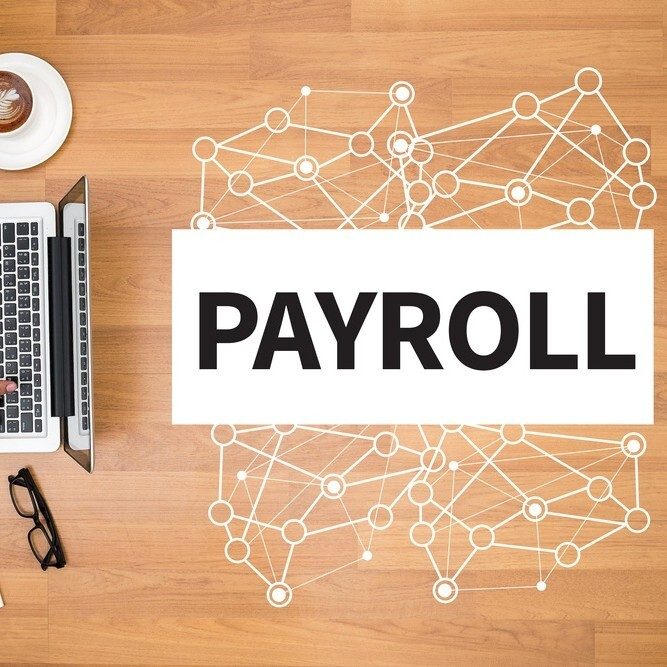




By : Debasruta Chowdhury
Understand the basic of International Trade and try to analyse the benefits, challeng...
4.3 190
1:19:44 hrs 6 lectures All Level

By : Biz Facility
Bookkeeping process and understanding how they are done...
4.3 241
6 lectures All Level

By : Biz Facility
Practical Approach to understading Capital Allowances and Recoupments...
4.3 173
6 lectures All Level

By : Biz Facility
Not sure what business expenses to claim?...
4.3 162
5 lectures Beginner Level

By : Biz Facility
Practical approach to Employee Taxation...
4.3 233
7 lectures All Level

By : Biz Facility
Learn and Understand Income types, Passive income exemptions and Deductions...
4.3 174
5 lectures All Level

By : Biz Facility
Need to know how PAYROLL works?...
4.3 188
4 lectures All Level

By : Biz Facility
Read and Understand Cash Flow Statements...
4.3 172
4 lectures All Level

By : Biz Facility
Understanding how it works and how to calculate allowances...
4.3 199
6 lectures All Level

By : Biz Facility
Learn VAT and Accounting Basics...
4.3 198
6 lectures All Level









Understanding the required background in terms of education or prior knowledge in finance and accounting is crucial. This question can help students assess whether they have the foundational skills needed for the course.
Many individuals pursue finance and accounting courses to obtain professional certifications (e.g., CPA, CFA). Knowing if the course aligns with specific certifications can be essential for career advancement and meeting industry standards.
Gaining insights into potential job roles, industries, and career trajectories after completing the course can help students align their educational goals with their long-term career objectives in finance and accounting.
Understanding the balance between theoretical knowledge and practical application is crucial in finance and accounting. Inquiring about hands-on exercises, case studies, or real-world projects can provide a more comprehensive learning experience.
The finance and accounting field is subject to regulatory changes and updates. Knowing how the course content is kept current with industry standards, regulations, and technological advancements ensures that students are learning relevant and applicable skills.





